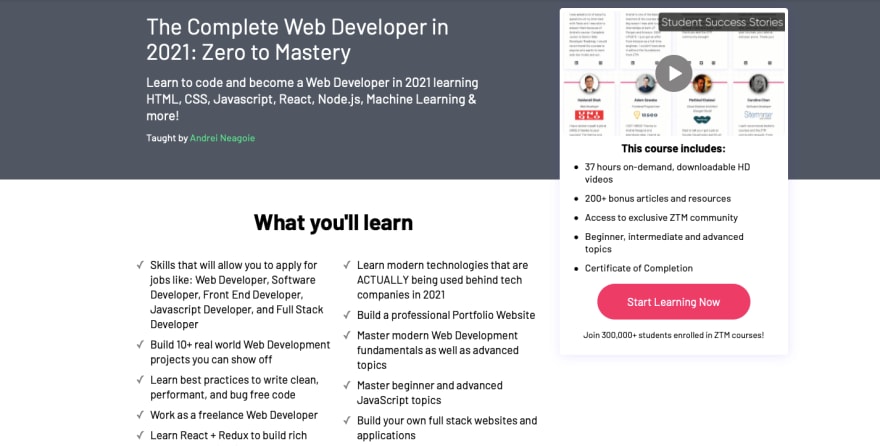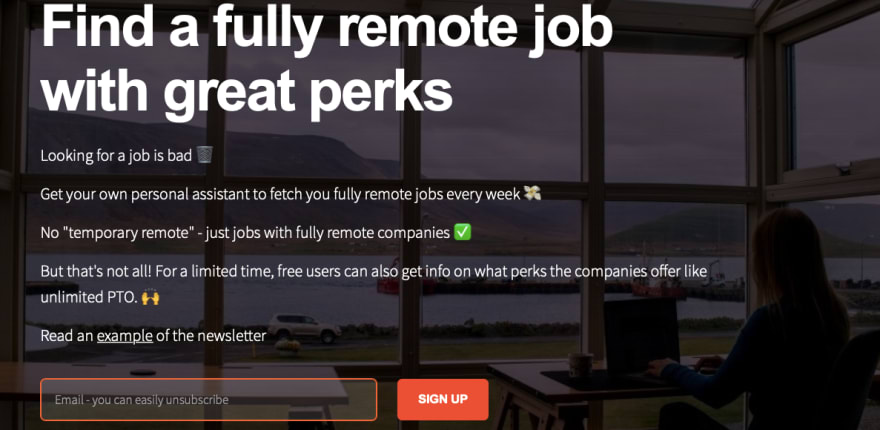Jing made a big career change when she switched from working in politics to becoming a software engineer with Klarna after learning to code in six months. Read this interview for tips on getting an entry level software engingeer job, learning to code and how to make an effective career change into tech.
Hey, so can you introduce yourself?
Hi, I’m Jing and I’m currently a software engineer at Klarna in Berlin. I’m from Germany, but studied in the UK, and spent the past few years working in policy and politics in London and Beijing. Outside of work, I enjoy spending time with friends and family, learning new languages, reading, travelling, and trying new things (usually something artsy).
How did you learn coding?
I started with HTML and CSS on Codecademy. But during my career switch, I mainly focused on The Odin Project, a free open source curriculum for full-stack development. I would highly recommend it, as its focus on projects and mix of theory and practice helped me to get out of tutorial hell. By the time I started my first project (a HTML and CSS copy of the Google homepage), I had already seen and read a lot about HTML, CSS and JavaScript, but it wasn’t until I actually sat down and started building something that things started to click.
From there I just kept going and built a new small project every other week until I had a handful. Apart from The Odin Project, I also used freeCodeCamp, SoloLearn, YouTube and Udemy. And whenever I got stuck, I would just google and look into whatever resource I could find. I think one of the things that helped me the most while learning how to code was having a learning buddy who I could talk to about my projects and the progress I had made. It was also really motivating to share some of my projects with friends and see them play around with it.
Looking back, there is not much that I would have done differently, apart from maybe forcing myself to sit down and start building a project sooner (with however little knowledge I had). I have also noticed that the dev community is quite active on Twitter, and that a lot of people are participating in the 100 days of code challenge. I think that that could have been quite helpful as well. But I’m a bit social media shy and am still working on that.
Why did you learn to code?
Initially, mainly out of curiosity. While living in Beijing, I was a consultant working on a Sino-German Industrie 4.0 project and focusing on Chinese tech policies. Outside of work, I was surrounded by a vibrant tech community and loved attending all kinds of events.
At one of these events, I listened to a speaker who was not only an entrepreneur and neuro-artist but also taught herself how to code. It amazed me and got me thinking, because I hadn’t fully made up my mind yet as to what I wanted to do in life, and this speaker reminded me that it’s possible to wear many hats in your career.
At the same time, all those discussions around Industrie 4.0, new technologies, and the future made me realise how important new technologies were becoming and how little technical knowledge I actually had. So I started doing some research on learning how to code and joined a 30-day-challenge shortly after. I was using Codeacademy at the time, but a fellow learner was following The Odin Project.
I paused my coding journey when I moved back to Europe, but moving into tech remained in the back of my mind. After about a year, I quit my job in January 2020, moved back home, and started working on my transition into tech. At first, it wasn’t all that clear that it was going to be software development, but in between all the different things I learned during that time, I eventually found myself thinking about coding problems the most. So I went for it.
How has your life changed since learning to code?
The biggest difference I’ve noticed is that I worry less about the future. When working in politics, I always felt like my future was so uncertain. There was no clear career path, and the impact I was making was often so intangible. While I’m not sure the two fields are directly comparable, software engineering definitely feels more tangible to me. There are just so many opportunities to learn, grow, and build that I feel quite excited about the future, even during the pandemic. In fact, the tech sector’s resilience during these times has been quite reassuring.
Other than that, my work environment is much more casual now than it ever has been before. It’s one of these things that you don’t necessarily think about when choosing a career, but it does make a difference. My financial situation has also improved, partly because of good entry-level salaries here in Berlin, and partly because of lower living costs compared to London.
What does a typical day as a software developer look like for you?
I’m part of a team that is working on the Klarna Bank Account. We mainly use React Native and TypeScript on the frontend, and Node.js with Express on the backend.
My day usually starts with a standup, a short meeting where everyone briefly updates the team on their progress. Then I go on to work on a ticket, either on my own, or with someone else. In my team, we actually pair programme a lot. That is actually something that surprised me when I first started. I wasn’t sure what to expect, but I definitely thought that being a developer was going to be less social than it turned out to be. And I’m very happy about that. I find that you learn a lot while pairing up with others.
Depending on the day, we also have grooming sessions where we discuss technical requirements for new features, or consult with our product manager and designer. Apart from that, there are a lot of knowledge sharing and lunch and learn sessions, weekly demos where different teams present their latest work, as well as bi-weekly retros, meetings in which you and your team reflect on the past two weeks and agree on some action points. I’m also part of some study groups and the women in tech group at Klarna, so on some days I also spend time studying or organising an event.
What was the interview process like for your entry level software engineer job?
The application process consisted of an initial chat with a recruiter, a logic test, three take-home coding challenges, a technical interview and a behavioural interview. The technical interview started with some questions about my background and experience, and then I had to solve two coding challenges. My interviewer explicitly told me that solving the problems wasn’t the most important part, but the way I approached them and communicated my thoughts along the way. So I paid a lot of attention to that and made sure to think out loud. I was extremely nervous, but in the end, I solved the problems too.
Since we were in the middle of a pandemic, the interviews were conducted virtually, so there was no whiteboard as such. During the behavioural interview, they mainly asked me about a project I had built, what I had learnt during the process, and what I would do to improve it if I was going to convert it into a product. I was told beforehand that this interview focuses on Klarna’s leadership principles, which you can find on Klarna’s website.
Do you have tips for people who want to learn to code without doing a degree?
- Be nice to yourself and share your achievements
Learning how to code is not an easy task and there will be days when you feel frustrated, doubt yourself, and maybe even think about giving up. To stay motivated, it is important to be nice to yourself. Be self-compassionate and treat yourself well. Take breaks when you need them and don’t be too harsh on yourself when it comes to your progress or the mistakes you make. Share and celebrate your achievements instead, no matter how small you think they might be. Looking back it’ll make you realise how far you’ve come.
- Join a community and talk to people
Joining a community and engaging with others is a nice way to learn and stay motivated. There are lots of people who are learning how to code, and lots of people who are willing to help. Make sure to ask questions and go out and talk to people. I know it’s easier said than done, but becoming comfortable doing this will give you an advantage in life.
Join the No CS Degree community for $10/m and network with 200 supportive developers
- Learn how to think out loud
I think many people tend to underestimate the importance of communication skills when they first start out. But in most cases, you will be working in a team where you will have to communicate your thoughts and ideas, and others will read and review your code. And as I mentioned above, my technical interviewer at Klarna even told me that solving the problems was not as important as my approach and the way I communicate it. So in this regard, pair programming and solving coding challenges with another person really helped me the most when preparing for interviews.
What are your career goals for the future?
Hmm… good question. There are so many possibilities, it’s quite exciting, but I haven’t made up my mind yet. For now, I just want to improve my technical skills as much as possible. I also have some side projects in mind and want to write more, but I haven’t made any concrete plans yet. If there is one thing I have learnt from my career change it is that your perspectives and preferences can change a lot over time. So while it’s good to reflect on it from time to time, I prefer not to think too far ahead for now.
But in case you’re curious, you can follow me on Twitter or Dev.to where I’m planning to write more about the things I’ve learnt over time and share some resources along the way.










Top comments (0)